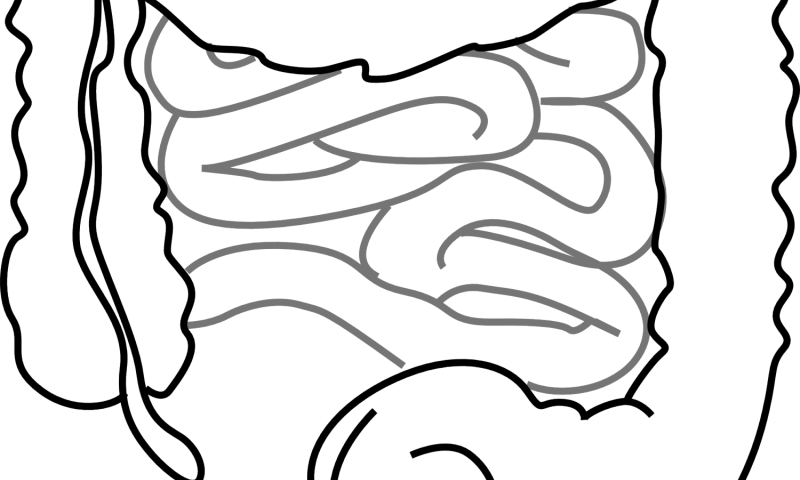.


Posted 10 December 2019 - 02:16 PM
.

Posted 30 December 2019 - 12:45 AM
Posted 30 December 2019 - 05:40 PM
Interesting. Especially while fighting IBS with a billion sub autoimmune dis-eases and symptoms stemming from it.
Now the question would be, just this specific L. paracasei strain D3-5 has this effect? And if so, how to get one's hands on it?
Any info on how to beat IBS, leaky gut/ brain, autoimmunity, and HPA axis dysfunction is well appreciated.
Yogurt seems to help me a bit. But I have Crohn's disease. But yes, I am also interesting in this strain, and would love to test it as soon as it becomes available.
Science & Health →
AgingResearch →
Sunlight, Calorie Bingeing, and Unaging FaceStarted by Cloomis , 14 Mar 2025 |
|

|
||
Science & Health →
AgingResearch →
The Sunlight FactorStarted by Cloomis , 04 Feb 2025 |
|

|
||
Science & Health →
Brain Health →
Nootropic Stacks →
Please judge my emergency stackStarted by hdebeauce , 25 Aug 2024 |
|

|
||
Science & Health →
Lifestyle →
Determine Your True AgeStarted by Cloomis , 12 Jul 2024 |
|

|
||
Science & Health →
Lifestyle →
57 year old man looks 25Started by osris , 15 Mar 2024 |
|

|
0 members, 2 guests, 0 anonymous users